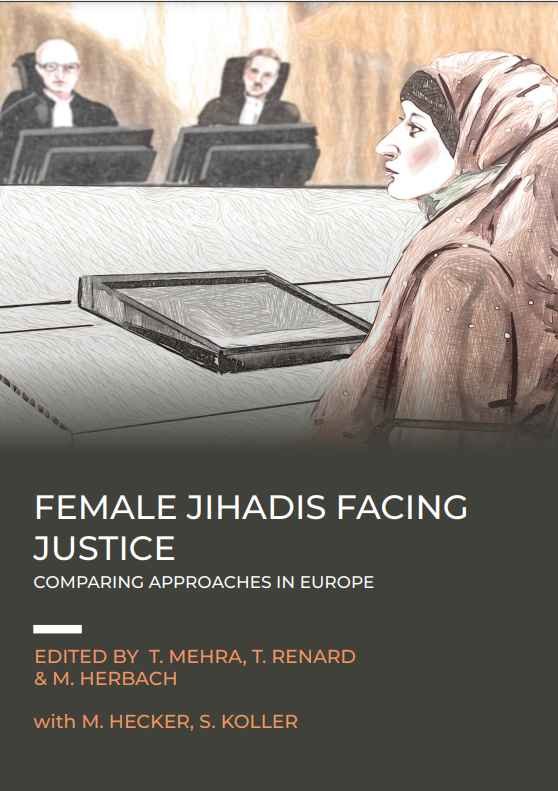By Michelle Sydes | Lorelei Hine | Angela Higginson4 | James McEwan | Laura Dugan | Lorraine Mazerolle3
Background: Criminal justice agencies are well positioned to help prevent the radicalisation of individuals and groups, stop those radicalised from engaging in violence, and reduce the likelihood of terrorist attacks. This Evidence and Gap Map (EGM) presents the existing evidence and gaps in the evaluation research. Objectives: To identify the existing evidence that considers the effectiveness of criminal justice interventions in preventing radicalisation, violent extremism and terrorism. Search Methods: We conducted a comprehensive search of the academic and grey literature to locate relevant studies for the EGM. Our search locations included the Global Policing Database (GPD), eight electronic platforms encompassing over 20 academic databases, five trial registries and over 30 government and non‐ government websites. The systematic search was carried out between 8 June 2022 and 1 August 2022. Selection Criteria: We captured criminal justice interventions published between January 2002 and December 2021 that aimed to prevent radicalisation, violent extremism, and/or terrorism. Criminal justice agencies were broadly defined to include police, courts, and corrections (both custodial and community). Eligible populations included criminal justice practitioners, places, communities or family members, victims, or individuals/groups who are radicalised or at risk of becoming radicalised. Our map includes systematic reviews, randomised controlled trials, and strong quasi‐experimental studies. We placed no limits on study outcomes, language, or geographic location. Data Collection and Analysis: Our screening approach differed slightly for the different sources, but all documents were assessed in the systematic review software program DistillerSR on the same final eligibility criteria. Once included, we extracted information from studies using a standardised form that allowed us to collect key data for our EGM. Eligible systematic reviews were assessed for risk of bias using the AMSTAR 2 critical appraisal tool. Main Results: The systematic search identified 63,763 unique records. After screening, there were 70 studies eligible for the EGM (from 71 documents), of which two were systematic reviews (assessed as moderate quality), 16 were randomised controlled trials, and 52 were strong quasi‐experimental studies. The majority of studies (n = 58) reported on policing interventions. Limited evidence was found related to courts or corrections interventions. The impact of these interventions was measured by a wide variety of outcomes (n = 50). These measures were thematically grouped under nine broad categories including (1) terrorism, (2) extremism or radicalisation, (3) non‐terror related crime and recidivism, (4) citizen perceptions/intentions toward the criminal justice system and government, (5) psychosocial, (6) criminal justice practitioner behaviours/attitudes/ beliefs, (7) racially targeted criminal justice practices, (8) investigation efficacy, and (9) organisational factors. The most commonly assessed outcomes included measures of terrorism, investigation efficacy, and organisational factors. Very limited research assessed intervention effectiveness against measures of extremism and/or radicalisation. Authors’ Conclusions: Conducting high‐quality evaluation research on rare and hidden problems presents a challenge for criminal justice research. The map reveals a number of significant gaps in studies evaluating criminal justice responses to terrorism and radicalisation. We conclude that future research should focus attention on studies that consolidate sound measurement of terrorism‐related outcomes to better capture the potential benefits and harms of counter‐terrorism programs, policies and practices which involve criminal justice agencies.
Campbell Systematic Reviews, 19(4). 2023. 53p.






